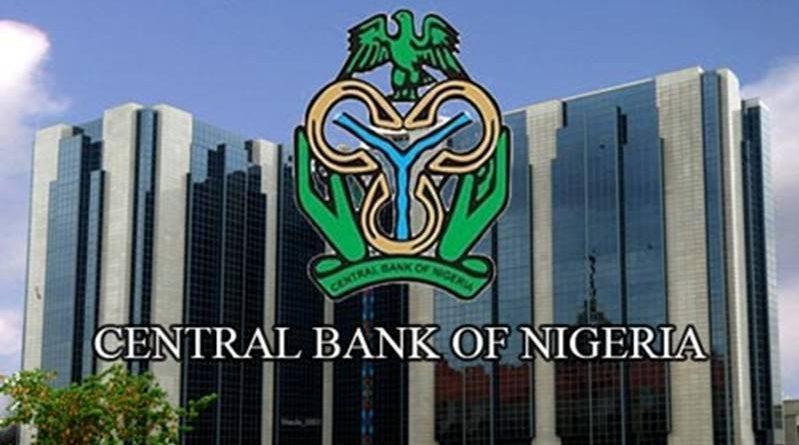CBN raises the minimum capital of Commercial Banks by 800% and 1000%
In a circular dated March 8th, 2024, and addressed to all commercial, merchant, and non-interest banks and promoters of proposed banks in Nigeria, the Central Bank of Nigeria conveyed its decision to raise the minimum paid up capital of commercial banks in the country effective April 1, 2024, by 800% and 1,000%, respectively, and that of merchant and non-interest banks by 500% and 200%, respectively.
According to the CBN, the decision is due to the prevailing macroeconomic challenges and headwinds occasioned by external and domestic shocks, which have underscored the need for banks to raise and maintain adequate capital to enhance their resilience, solvency, and capacity to continue to support the growth of the Nigerian economy.
Consequently, in furtherance of its statutory responsibility to promote a safe, sound and stable banking system and in line with Section 9 of the Banks and Other Financial Institutions Act (BOFIA) 2020, the Central Bank of Nigeria (CBN) hereby announces an upward review of the minimum capital requirements for commercial , merchant and non-interest banks in Nigeria as follows:
- Commercial banks with International Operations – from N50 billion to N500 billion (i.e. 1000%)
- Commercial banks with National operations – from N25 billion to N200 billion (i.e. 800%)
- Commercial banks with regional operations – from N10 billion to N50 billion (i.e. 500%)
- Merchant banks from N10 billion to N50 billion (i.e. 500%)
- Non-Interest Bank with National Operations – from N10 billion to N20 billion (i.e. 200%)
- Non-Interest Bank with regional operations – from N5 billion to N10 billion (i.e. 200%)
The minimum paid up share capital of Payments Services Banks and that of Mortgage Banks was not mentioned in the circular, and thus is assumed to remain same for now. Recall that the CBN had in 2021 raised the share capital of Microfinance banks to reflect the economic dynamics.
To meet the minimum capital requirements, the CBN advised banks to consider any of the following options:
- Inject fresh equity capital through private placements, rights issue and/or offer for subscription:
- Mergers and Acquisitions (M&As); and/or
- Upgrade or downgrade of license authorization.
Accordingly, all banks and promoters of proposed banks are to note the following:
- For Existing Banks
- The minimum capital specified above shall comprise paid-up capital and share premium only. For the avoidance of doubt, the new capital requirement shall NOT be based on Shareholders’ Fund.
- Additional Tier 1 (AT1) capital shall not be eligible for the purpose of meeting the new requirement.
- All banks are required to meet the minimum capital requirement within a period of 24 months commencing on
- and terminating on March 31, 2026.
- Notwithstanding the capital increase, banks are to ensure strict compliance with the minimum capital adequacy ratio (CAR) requirement applicable to their license authorization.
- In line with existing regulations, banks that breach the CAR requirement shall be required to inject fresh capital to regularize their position.
- For Proposed Banks
- The minimum capital requirement shall be paid-up capital.
- The new minimum capital requirement shall be applicable to all new applications for banking licenses submitted after April 1, 2024.
- The CBN shall continue to process all pending applications for banking license for which capital deposit have been made and/or Approval-in-Principle (AIP) has been granted. However, the promoters of such proposed banks shall make up the difference between the capital deposited with the CBN and the new capital requirement no later than March 31, 2026.
Finally, all banks are required to submit an implementation plan (clearly indicating the chosen option(s) for meeting the new capital requirement and various activities involved with their timelines). The plan shall be submitted to the Director, Banking Supervision Department, Central Bank of Nigeria, not later than April 30, 2024. The CBN will monitor and ensure compliance with the new requirements within the specified timeline above. You can download and read the circular from the cbn website here




